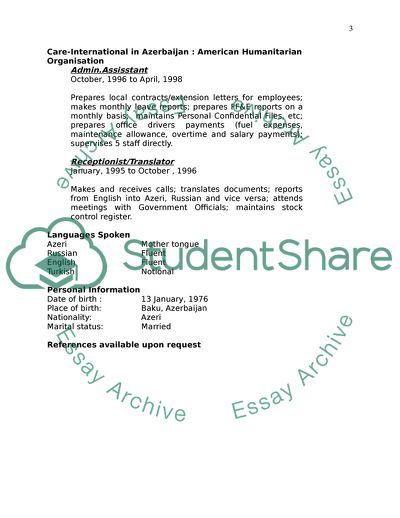Cite this document
(Managing Professional Development Essay Example | Topics and Well Written Essays - 3250 words, n.d.)
Managing Professional Development Essay Example | Topics and Well Written Essays - 3250 words. https://studentshare.org/professional/1738104-managing-professional-development
Managing Professional Development Essay Example | Topics and Well Written Essays - 3250 words. https://studentshare.org/professional/1738104-managing-professional-development
(Managing Professional Development Essay Example | Topics and Well Written Essays - 3250 Words)
Managing Professional Development Essay Example | Topics and Well Written Essays - 3250 Words. https://studentshare.org/professional/1738104-managing-professional-development.
Managing Professional Development Essay Example | Topics and Well Written Essays - 3250 Words. https://studentshare.org/professional/1738104-managing-professional-development.
“Managing Professional Development Essay Example | Topics and Well Written Essays - 3250 Words”. https://studentshare.org/professional/1738104-managing-professional-development.


